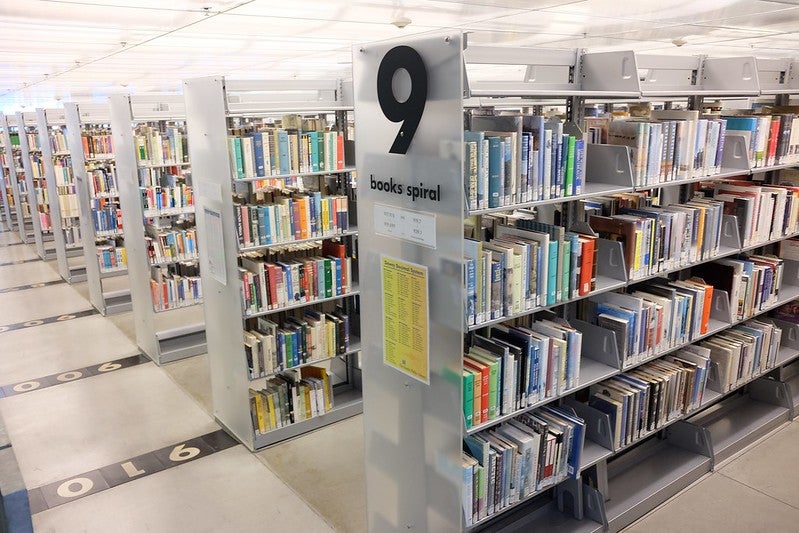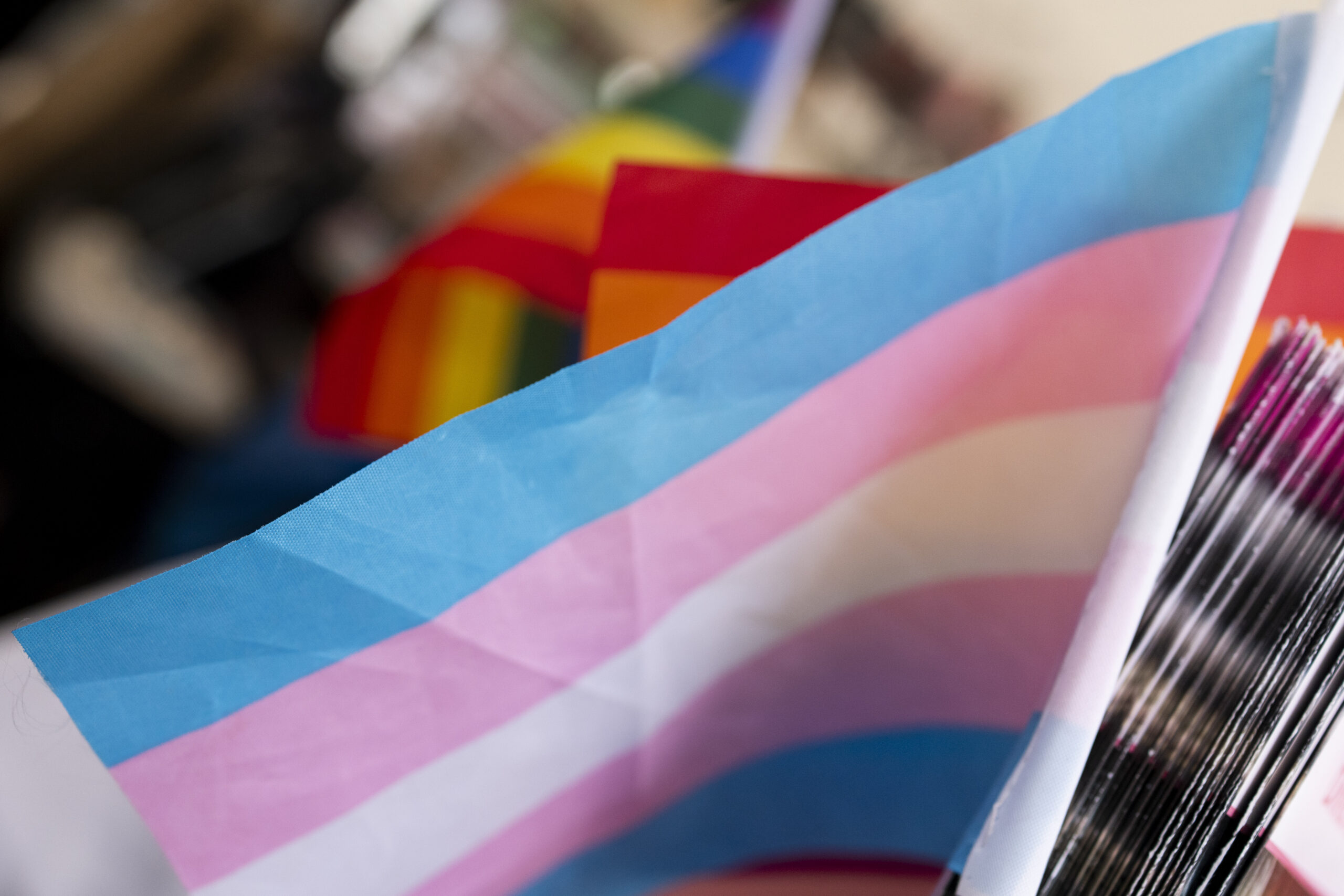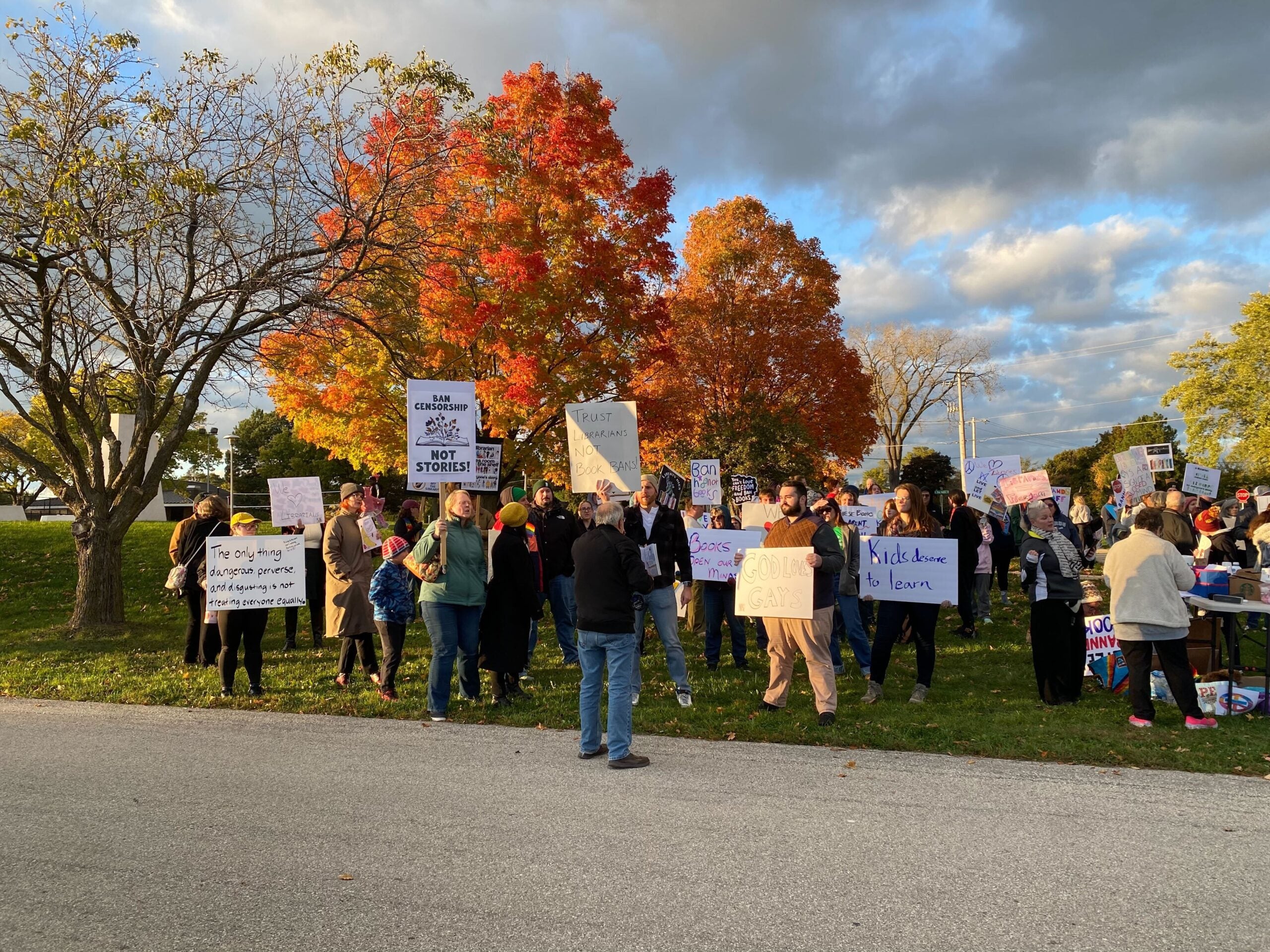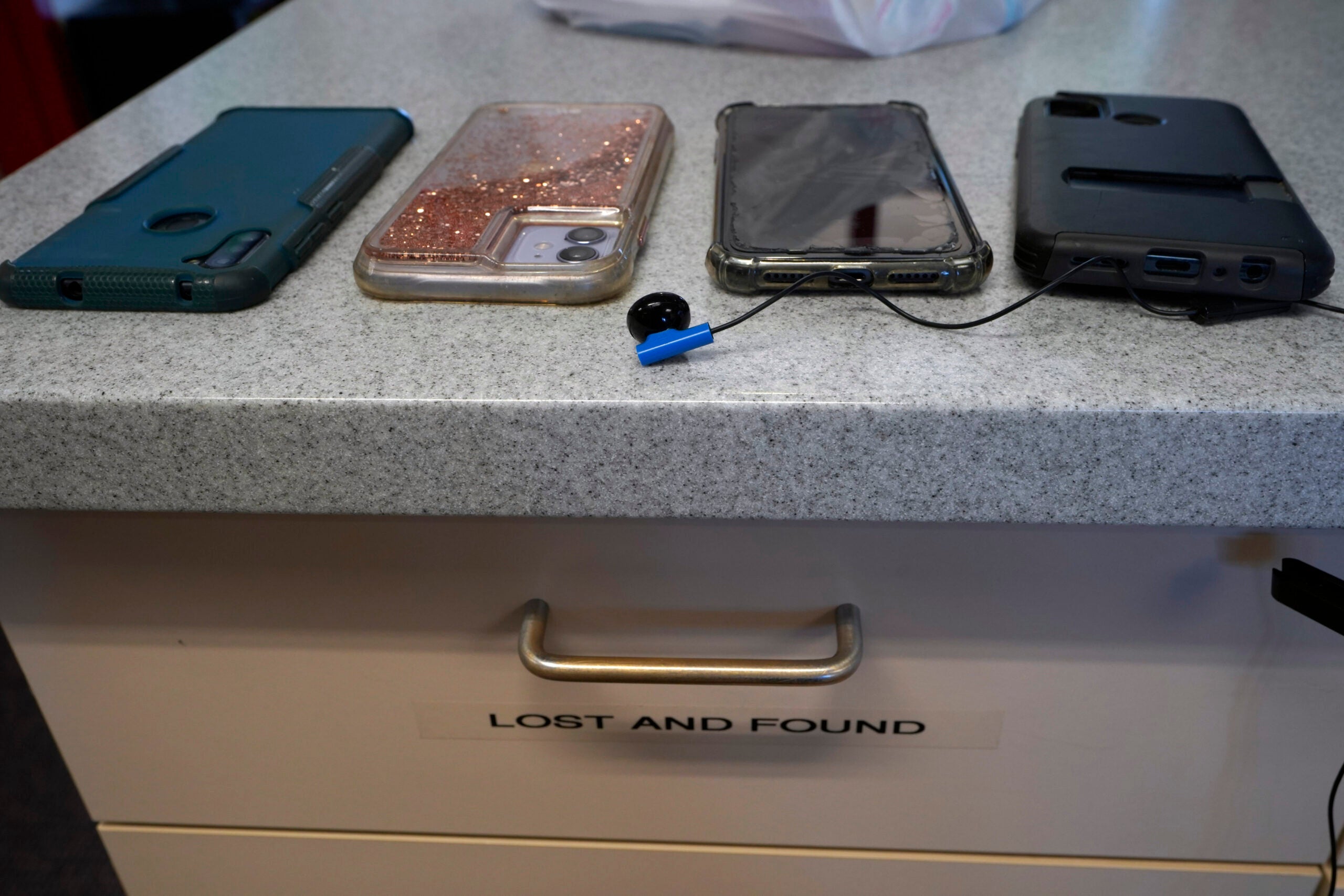Young people’s use of libraries would face increased scrutiny under Republican bills being considered in the Wisconsin Legislature.
At a time when some states are passing restrictions on the kinds of materials that students can access, the bill’s author said she views her plan as a compromise between concerned parents and public libraries.
Opponents of such restrictions said they tend to target books that deal with LGBTQ+ themes or issues of diversity or discrimination.
News with a little more humanity
WPR’s “Wisconsin Today” newsletter keeps you connected to the state you love without feeling overwhelmed. No paywall. No agenda. No corporate filter.
The Wisconsin proposals would require librarians and school librarians to alert parents about what kids under 16 are checking out.
“I could just see the conflict brewing between certain camps and the libraries,” said Rep. Barbara Dittrich, R-Oconomowoc, in an interview with WPR. “I’m a huge supporter of libraries, I love our libraries, and literacy is important to me. And I thought, ‘There’s got to be an easier way to solve this problem.’”
A separate proposal in the Legislature would repeal a statute that protects librarians from prosecution for obscene materials.
The bills come at a time when Wisconsin Republicans are again proposing what they call a “Parents Bill of Rights,” which would, among other things, give parents the power to review instructional materials for their kids.
Taken together, the legislation amounts to “intimidation on librarians and educators, all under the guise of parental rights,” argued Kasey Meehan, the Freedom to Read Program Director at PEN America, which advocates for free expression rights.
“Those all speak to efforts to intimidate what type of books are being provided to students in schools, with the gross misunderstanding that books in schools are obscene or pornographic by any colloquial and the legal definition, Meehan said. “There are already restrictions on providing obscene material in federal regulations.”
Dittrich said her library bill followed conversations with parents and librarians alike, and is aimed at allowing parents to determine when their kids are ready for certain themes.
“I think parents have a good grasp on what sort of material their child is or isn’t ready for,” Dittrich said.
A representative for the Wisconsin Library Association declined to comment, saying the group is still analyzing the proposals.
Democrats have proposed their own ban on book bans, which would not allow libraries to restrict materials based on “partisan or doctrinal disapproval or … the origin, background, or views of those contributing to the creation of the book or other media.” That bill is not likely to move forward in the Republican-led Legislature.
A wave of policies targeting what students read and learn
The proposed regulations on Wisconsin libraries come amid a wave of state-level policies targeting what students read and learn in the last three years, Meehan said.
Her organization identified 110 bills proposed across the country that would restrict how subjects like race, gender and sexuality are addressed in schools. The group also found 1,477 instances of books that were banned across the country in the first half of the 2022-23 school year. Many of those books addressed race or racism, or had LGBTQ+ characters or themes.
In the last legislative session in Wisconsin, bills aimed at restricting how race and gender are taught, and requiring schools to post their teaching materials publicly passed the Legislature, but were vetoed by Gov. Tony Evers.
Nationwide, the American Library Association counted 1,269 challenges to library books and resources in 2022. The group said that was “the highest number of attempted book bans since ALA began compiling data about censorship in libraries more than 20 years ago.”
Most of those were challenges to books “by or about” queer people and people of color, the group said.
Dittrich says that her bill is not about banning books.
“I’ve had some people who actually think my legislation isn’t tough enough and that that stuff should be removed,” she said. “I think this is a peaceable way for people to get to common ground.”
Some individual Wisconsin school districts have restricted certain materials on their own.
Menomonee Falls High School recently pulled 33 books from its library, including Margaret Atwood’s “The Handmaid’s Tale,” Kurt Vonnegut’s “Slaughterhouse-Five” and a novel about a school shooting by best-selling author Jodi Picoult.
The Waukesha school district is also being sued by a former teacher who was fired after she criticized that district’s decision to ban a song called “Rainbowland” from a school concert. The lawsuit compares the firing to the removal of LGBTQ+ signs and flags from classrooms.
Wisconsin Public Radio, © Copyright 2026, Board of Regents of the University of Wisconsin System and Wisconsin Educational Communications Board.






